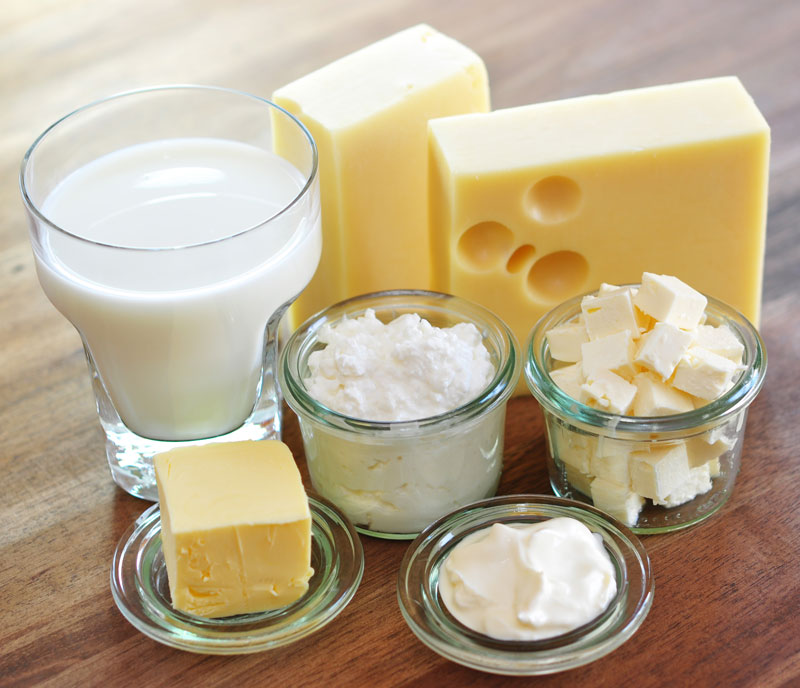Coronavirus pandemic bleeds dairy industry white in Nepal
KATHMANDU, SEPTEMBER 6
Nepal’s dairy industry has suffered losses worth Rs 20 billion since the COVID-19 pandemic hit the country. Speaking at a virtual interaction organised by the Association of Nepali Agricultural Journalists-Nepal, stakeholders said the market of the dairy industry was down by 60 per cent.
Prahlad Dahal, general secretary of Nepal Dairy Association, said the dairy sector had lost Rs 20 billion during the pandemic as 60 per cent of the market for milk and milk products had been affected by the crisis.
“Around 6.2 million litres of milk is being produced every day, but only 3.1 million litres are being supplied to the market,” he said, adding, “It is the farmers who have been affected the most.”
The closure of hotels and restaurants, which are the biggest consumers of dairy products, has had a huge negative impact on the industry.
However, the government has not prioritised the industry during the pandemic, said Dahal.
He added that transportation and supply of milk had not been easy in the prohibitory period as was the case during the nationwide lockdown. “Even during this prohibitory period vehicles and cycle boys supplying milk are being apprehended by police and held for hours,” he added.
Meanwhile, Shital Kaji Shrestha, executive member of Dairy Development Corporation, said the supply and sale of products were a problem, not production.
“As the market for dairy products has significantly declined, we are facing problems in storing our products,” he said. “We have managed to somehow store ghee, butter, cheese and other milk products.”
Moreover, the ‘lumpy skin’ disease that was recently detected in cows and buffaloes in Provinces 1, 2 and 3 has become a new challenge for farmers and the dairy industry, he added.
“The government has to immediately find a solution to this new problem before the disease spreads,” he said.
Raj Kumar Dahal, president of the Dairy Industry Association, blames the government for not keeping records of such losses of the dairy industry. “The market for dairy products has declined drastically. The situation is such that farmers are not getting a market for their milk and the dairies are burdened with stored products. Yet the government does not have exact data on how the industry and farmers are surviving and the losses they have suffered during this pandemic,” he said.
Addressing the interaction, Narayan Prasad Devkota, chairperson of Central Dairy Cooperative Association, said milk collection had fallen by 30 per cent due to the pandemic. “Cooperatives across the country collect 600,000 litres of milk each year but collection now has dropped by 30 per cent,” he said, adding, “Farmers are also not receiving payments from dairies, adding to their financial woes. Although dairy factories are still operating, they are not collecting milk from farmers,” he added.
Devkota said instead of producing milk powder from the excess milk, dairies had stopped collecting milk. Meanwhile, Raj Kumar Dahal claimed that factories already had milk powder produced last year and didn’t have space to store more milk powder.
Responding to the stakeholders, Dawa Dorje Lama, Minister of Land, Agriculture and Cooperatives of Province 3, said the provincial government would try to sort out the issue by holding necessary discussions with both dairy firms and farmers.
A version of this article appears in e-paper on September 7, 2020, of The Himalayan Times.






